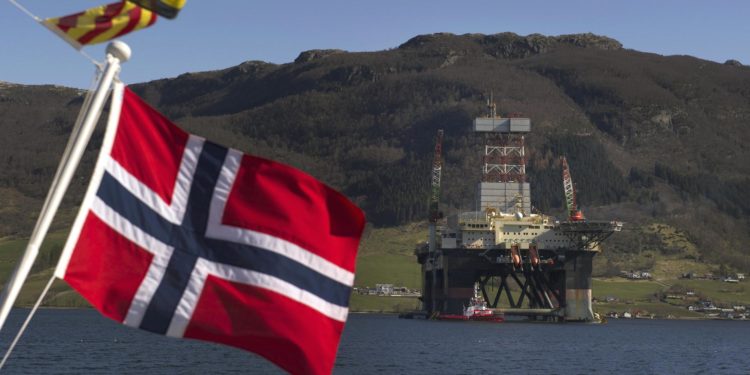In recent years, sovereign wealth funds (SWFs) have emerged as some of the most powerful players in global financial markets. These state-owned investment vehicles, designed to manage surplus revenues, often from commodities or foreign exchange reserves, are reshaping the investment landscape in ways both subtle and profound.
The rise of SWFs is not new, but their influence has grown significantly in the context of economic volatility. Funds from countries like Norway, Singapore, and the Gulf states have adopted increasingly sophisticated strategies, moving beyond traditional investments like government bonds into high-growth sectors like technology, green energy, and infrastructure. For instance, Norway’s Government Pension Fund Global, the largest SWF globally, now holds stakes in over 9,000 companies across 70 countries, including a stake in ABSA Bank Kenya PLC.
The appeal of SWFs lies in their long-term horizons and deep pools of capital. Unlike many private investors or hedge funds, SWFs are not beholden to short-term performance pressures. This gives them the freedom to invest in riskier, high-reward opportunities or to take a patient approach in emerging markets where the payoff might take decades to materialize.
However, their growing influence is not without its challenges. One concern is the potential for SWFs to become tools of geopolitical strategy rather than pure financial players. For example, funds linked to state interests might prioritize strategic acquisitions in critical industries, raising questions about economic sovereignty and national security. This has led to increased scrutiny, particularly in Western markets, where governments are tightening regulations on foreign investments.
For companies and smaller investors, aligning with SWF priorities could offer valuable insights. What sectors are they focusing on? How are they positioning for global transitions like decarbonization or digital transformation? The answers to these questions provide a glimpse into the future of global finance—one increasingly shaped by these formidable state-backed giants.















